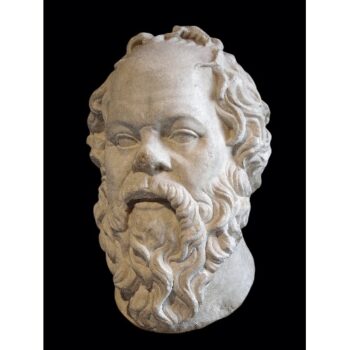“Once born they want to live and have their portions; and they leave children behind born to become their dooms.” (K 98; cp. D 20; R 20; S 20)
“When they have been born they want to live and to have their allotted deaths (moroi), or rather to have their repose, and they leave children behind to be born as allotted deaths.” (L&M D118)
The fragment comes to us from Clement. The phrase in the translation of Laks and Most (“or rather to have their repose”) is, they note, likely Clement’s paraphrase (p. 196).
Kahn places this directly behind fragment 97 very intentionally. He sees the two fragments as related and the pronoun “they” in this fragment as plausibly related to “most men” in Fragment 97. In line with this reading, Heraclitus is thus outlining, in these two fragments, two possible and contrary forms of life. In fact, Kahn’s placement of this set of fragments (at least from F 95) underlines a discussion of various fates of each generation.
Whereas “the best,” as we see in F 97, choose “everflowing fame among mortals,” “most men” chose simply to face their fates, living relatively thoughtless lives, like animals, from the cradle to the grave and engendering children who in turn will do the same.
The term moroi is used here at the beginning and end of the phrase, creating the well-known ring structure of numerous Heraclitian fragments. That word is translated here by Kahn as “portions” and “dooms,” by Laks and Most as “allotted deaths.” The term can mean “share” or “reward” or “fate.” A sense here is that “most” men are born, live to get their share or their full (perhaps to be sated, if we appeal to the language of F 97), then have children who do the same.
